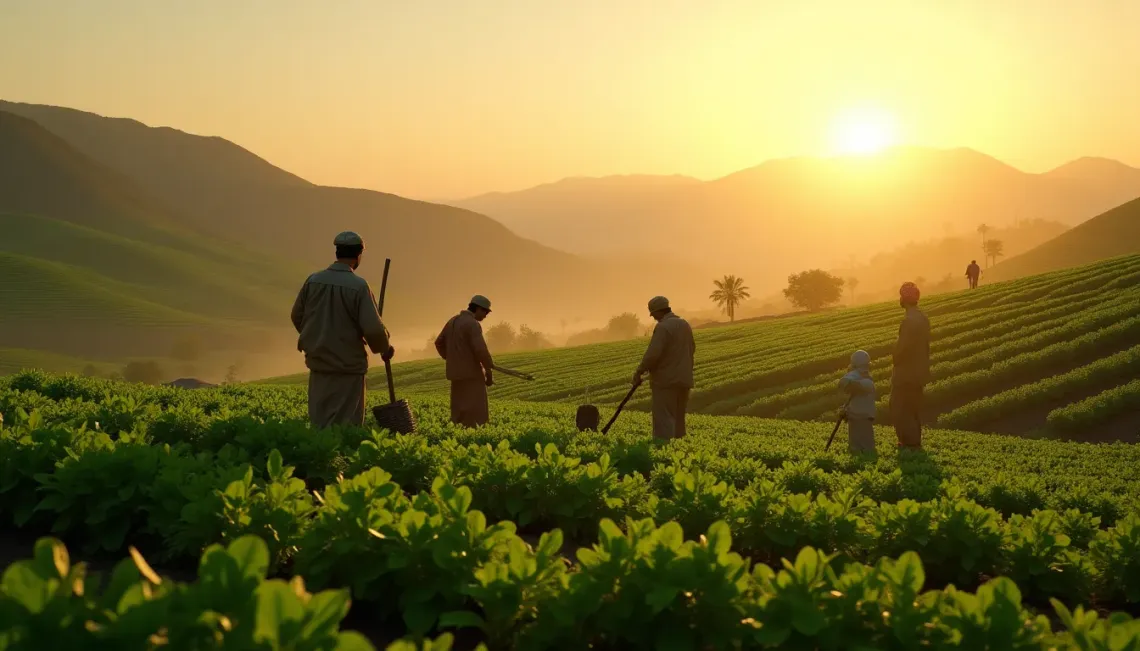Olive trees have been an integral part of Mediterranean ecosystems for thousands of years, offering not only economic benefits but also cultural significance. These drought-resistant trees thrive in regions with hot, dry summers and mild, wet winters, making them a cornerstone of sustainable agriculture in Mediterranean regions.
Understanding the Olive Tree's Role in Mediterranean Ecosystems
Mediterranean ecosystems are uniquely adapted to withstand varying climatic conditions, and olive trees are pivotal in maintaining this balance. Renowned for their resilience, olive trees can survive in environments where other crops might fail. These trees contribute to biodiversity, supporting various plant and animal species, while their deep roots help in preventing soil erosion, thereby protecting the land.
The Importance of Drought-Resistant Trees
In the face of climate change, the role of drought-resistant trees like olive trees has become more crucial than ever. Their ability to thrive with minimal water resources makes them a sustainable choice for agricultural practices in Mediterranean climates. Farmers benefit from planting olive trees as they offer a reliable source of income through olive oil production while conserving water and maintaining soil quality.
A Cultural Heritage Rooted in History
Olive trees are deeply embedded in the cultural heritage of Mediterranean societies. They symbolize peace and prosperity, and their cultivation dates back to ancient civilizations. The olive tree features prominently in mythology and religious texts, underscoring its significance in human history. From small family farms to expansive orchards, olive cultivation is a tradition passed down through generations.
Challenges and Opportunities in Sustainable Agriculture
While olive tree cultivation offers numerous benefits, it also presents challenges that need addressing to ensure sustainable agriculture. Modern agricultural practices must adapt to minimize environmental impact. Techniques such as organic farming, integrated pest management, and the use of technology for water efficiency are being explored to enhance sustainability.
- Organic Farming: Reduces chemical usage, enhancing soil health and biodiversity.
- Water-Efficient Practices: Drip irrigation systems help conserve water.
- Technological Innovations: GPS and satellite imagery optimize cultivation practices.
Preserving and Promoting the Mediterranean Legacy
The cultivation of olive trees plays a crucial role in not only maintaining the environmental integrity of Mediterranean ecosystems but also in preserving their rich cultural legacy. As global interest in healthy diets and sustainable living grows, the olive tree continues to be a significant ambassador of Mediterranean culture.
In conclusion, olive trees are more than just agricultural assets; they embody the spirit and resilience of Mediterranean ecosystems. Their role in sustainable agriculture and cultural heritage reflects a rich history intertwined with nature and community, ensuring their legacy for future generations. By prioritizing sustainable practices, we can continue to cultivate this invaluable relationship and contribute to the health and prosperity of the Mediterranean region.




